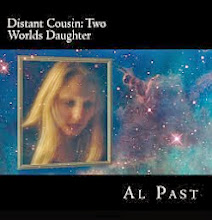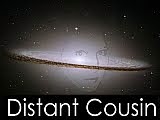It isn't difficult for bilingual parents to raise bilingual children. All they have to do is speak to their children in both languages, and the kids will do the rest. It can be a challenge, however, for parents who are not bilingual to raise bilingual children.
The matter is eased if there are other people present, including other children, who speak the second language. The more they are present, the easier it will be. But if their presence cannot be counted upon, or is sporadic, then the results may be disappointing.
Ana and Matt Méndez wanted their children to be at least bilingual, and Ana's determination, plus their fortunate circumstances, made this possible. They hired nannies, and Ana made sure all the nannies, in addition to their other qualifications, were native speakers of other languages...and that they spoke to the children in those languages.
Ana didn't realize that this was not enough contact to ensure complete acquisition, and with no further contact the children lost most of the languages they were exposed to as they grew older. They retained some familiarity with several, notably Hindi, which is probably enough to give them a head start should they decide to try again later in life. Their experience with Arabic, Japanese, Chinese, and Korean, all from other than the Indo-European family of languages, did not take.
Most of us do not have the option of hiring bilingual nannies, of course, yet there are other ways non-native speakers can help their infant children gain another language. We are familiar with one Texas family which succeeded. Both parents were native English speakers, but both learned Spanish later in life. One parent was fairly fluent, the other less so, but neither had experience in the household, intimate family Spanish that would be spoken around children. They realized they couldn't expect their children to learn to speak like a student in a graduate Spanish literature class!
Their solution was to teach the children to read in two languages. It makes sense! There are countless children's books in Spanish. Libraries have hundreds of them. They can be purchased in grocery stores and other stores all over town--and they contain native-quality Spanish, useful vocabulary, attractive illustrations, and are designed for young readers. For this family, the books, plus the spoken efforts of the parents, occasional contact with Spanish speaking children, and Spanish kid shows on public television, produced young people fluent enough to place out of Spanish in high school and college and go on to learn other languages easily.
The next question, to be sure, is How do you teach toddlers to read?
It turns out not to be difficult at all. That will be the subject of the next post.
(The photo above shows a youngster from another English dominant family, who has also learned Spanish, putting himself to sleep by reading a children's book in Spanish, a skill his mother helped him acquire and that he enjoys to this day. He is also, at the age of seven, interested in learning French.)
























No comments:
Post a Comment